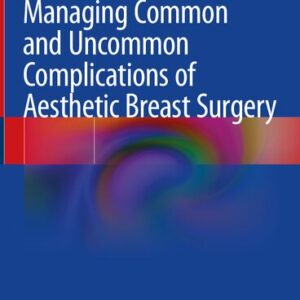Why are rocks and landforms so prominent in British Romantic poetry? Why, for example, does Shelley choose a mountain as the locus of a “voice… to repeal / large codes of fraud and woe”? Why does a cliff, in the boat-stealing episode of Wordsworth’s Prelude, chastise the young thief? Why is petrifaction, or “stonifying,” in Blake’s coinage, the ultimate figure of dehumanization? Noah Heringman maintains that British literary culture was fundamentally shaped by many of the same forces that created geology as a science in the period 1770?1820. He shows that landscape aesthetics?the verbal and social idiom of landscape gardening, natural history, the scenic tour, and other forms of outdoor “improvement”?provided a shared vernacular for geology and Romanticism in their formative stages.Romantic Rocks, Aesthetic Geology reexamines a wide range of eighteenth- and nineteenth-century poetry to discover its relationship to a broad cultural consensus on the nature and value of rocks and landforms. Equally interested in the initial surge of curiosity about the earth and the ensuing process of specialization, Heringman contributes to a new understanding of literature as a key forum for the modern reorganization of knowledge.

![[PDF] Romantic Rocks, Aesthetic Geology](https://pdfelite.com/wp-content/uploads/2024/04/1bd4d748be76bdfa87d3b822ddc91205-d.jpg)




Reviews
There are no reviews yet.